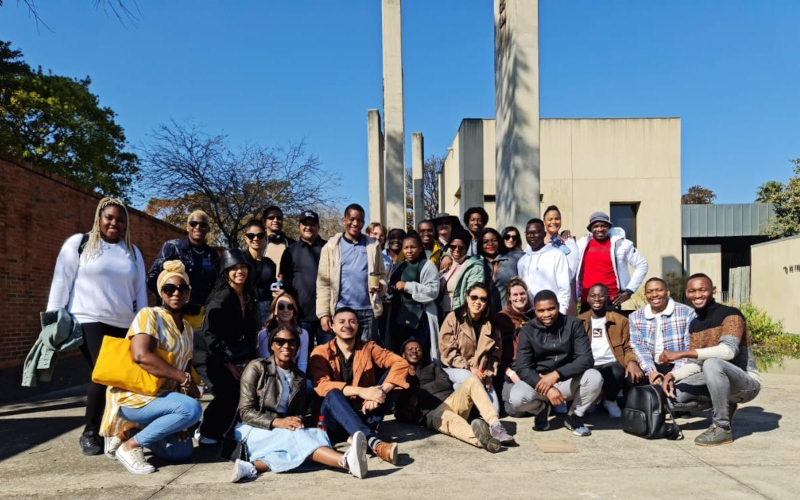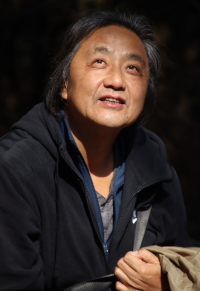OGE Nexus: Visiting Sites of Chinese Cultural Heritage

Program Description:
This course offers an immersive journey through the cultural, architectural, and aesthetic heritage of northern China. Travel from Beijing to Shanxi Province to encounter iconic sites such as the Badaling section of the Great Wall, the ancient Buddhist sculptures of the Yungang Grottoes, the Hanging Temple, the Yingxian Wooden Pagoda, and the well-preserved urban fabric of Pingyao Ancient City. Studying the art and architecture of the Tang, Song, Jin, Yuan, Ming, and Qing Dynasties, participants will engage with themes of cultural memory, architectural expression, and the enduring legacy of religious and artistic practices across dynastic China.
Throughout the program, participants will engage with these sites through close observation and critical reflection. We will draw on arts-based research and multimodal scholarship to document our experiences and interpret the material, spatial, and symbolic dimensions of the sites visited. Themes will include the intersections of the contemporary and the traditional, the local and the global, the analogue and the digital, the rural and the urban, and how these themes are expressed in both tangible and intangible aspects of Chinese heritage.
About OGE Nexus
OGE Nexus is a new global platform under the Office of Global Engagement at Teachers College, Columbia University, dedicated to programs that sit at the intersection of study abroad and professional development. Designed in close collaboration with our academic partners around the world, these programs offer immersive, short-term learning experiences that combine academic insight with real-world application.
Offered in international settings, OGE Nexus programs are open to TC students and alumni, as well as local and regional participants in the host countries. Each program is shaped by shared expertise, local context, and global relevance—creating meaningful opportunities for cross-cultural learning, collaboration, and professional growth.




